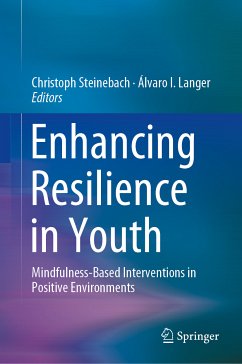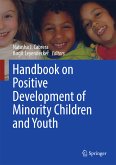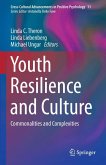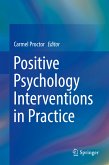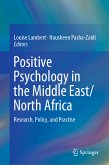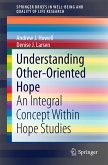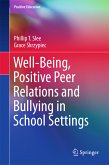This book shows how to plan, refine, and implement peer-supported mindfulness-based interventions to prevent mental disorders in children and youths. It focuses on interventions designed to maintain psychosocial health and prevent emotional and behavioral problems in children and youths around the globe. By combining a range of research perspectives, the book connects mindfulness to pro-social behavior, and to positive social and physical environments, in order to enhance resilience. In addition, it presents theoretical aspects and practical recommendations on how to promote mental health and healthy lifestyles in adolescents, such as school-based interventions. Gathering contributions by an international network of researchers and practitioners, the book offers not only state-of-the-art theoretical descriptions of key concepts and interventions, but also best practices for implementing them to strengthen resilience.
Dieser Download kann aus rechtlichen Gründen nur mit Rechnungsadresse in A, B, BG, CY, CZ, D, DK, EW, E, FIN, F, GR, HR, H, IRL, I, LT, L, LR, M, NL, PL, P, R, S, SLO, SK ausgeliefert werden.

